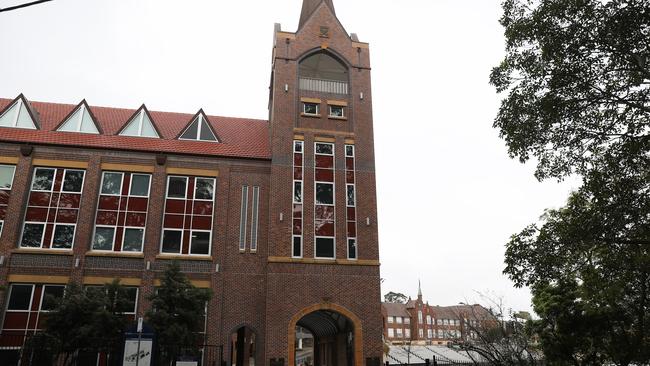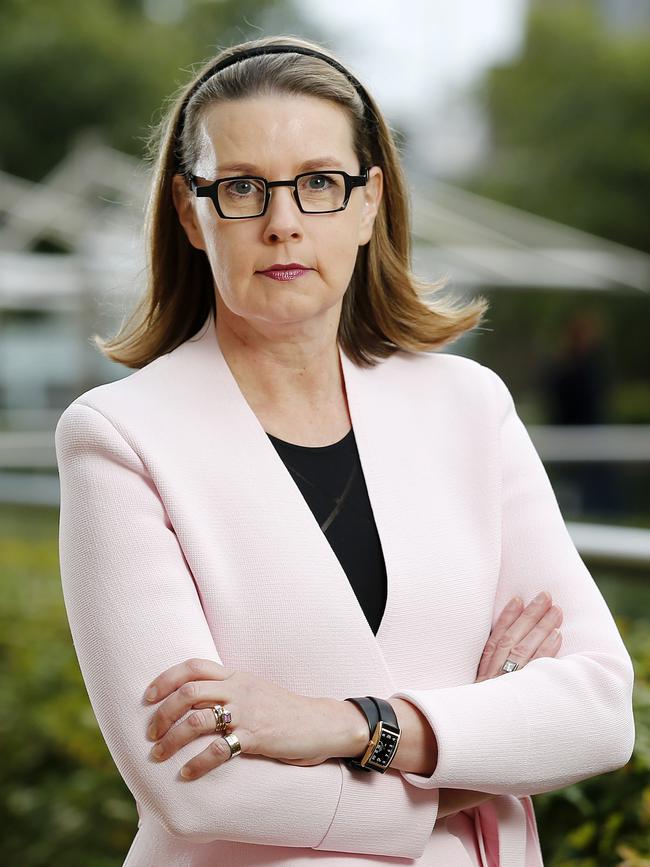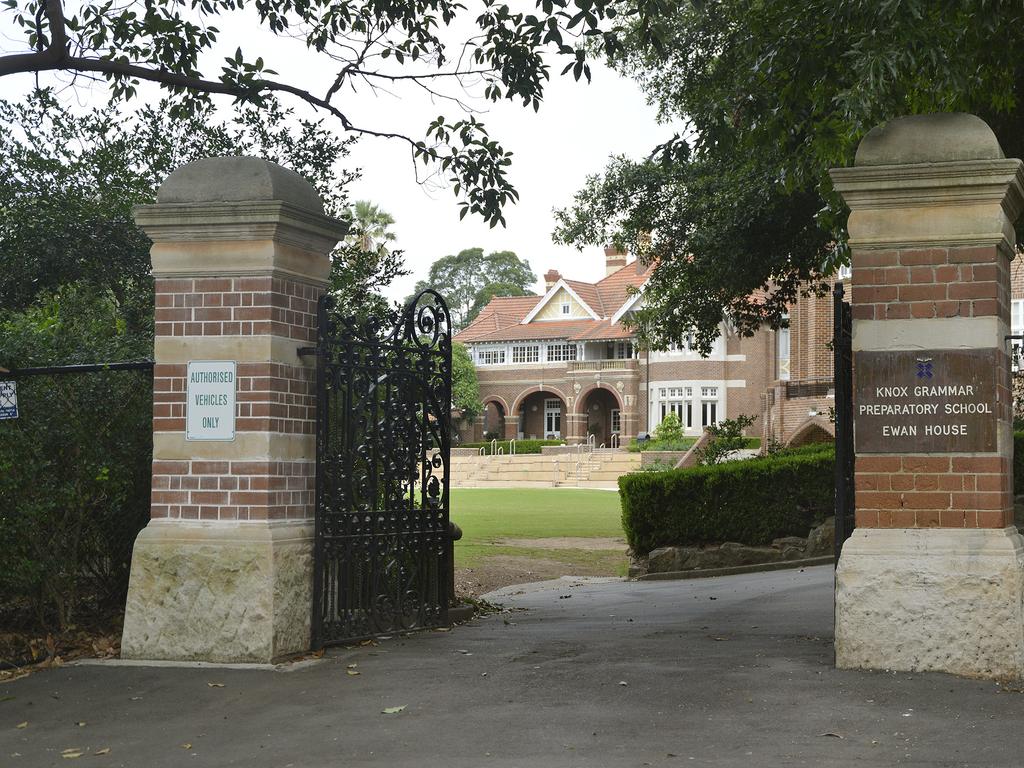Sydney’s Knox Grammar failed to tell insurer of ‘hornet’s nest’ of sexual abuse, Federal Court rules
The Uniting Church is at risk of losing insurance cover for a ‘hornet’s nest’ of historical sexual abuse cases involving students at its elite Knox Grammar in Sydney, after a scathing court ruling on Friday.

The Uniting Church is at risk of losing insurance cover for a “hornet’s nest’’ of historical sexual abuse cases involving students at its elite Knox Grammar in Sydney, after a scathing court ruling on Friday.
The Federal Court on Friday allowed an appeal by insurance giant Allianz, which contested a previous court ruling that it cover compensation payouts from the private boys’ school under its insurance policy with the church.
Three judges agreed that the Uniting Church in Australia Property Trust had failed to notify Allianz of the “extreme’’ risks of litigation resulting from numerous allegations of sexual assault, outlined in a 1500-page report handed to the school council by private investigator Grahame Wilson in 2004.
“The risk to the school was identified as being ‘extreme’,’’ judge Sarah Derrington wrote. “The risk assessment concluded that the school’s reputation was at risk. It concluded … that the school ‘may also be at risk from yet unmade claims of students or ex-students based on a perceived lack of duty of care.’’
Justice Derrington found that the investigator’s report to the school clearly revealed that “questionable behaviour to boys at Knox had been raised over decades, going back to the 1980s’’.
“No step was taken to involve the police despite the seriousness of the allegations, and no further investigation was pursued in relation to the conduct of the other teachers mentioned (in the report),’’ she wrote. “It follows that (the report) revealed the existence of this ‘problem’, ‘hornet’s nest’, or ‘can of worms’ going back to the 1980s. It … revealed a management approach at the school which included a persistent failure to take appropriate action in relation to information about the possible sexual abuse of boys.
“That permitted an environment to develop where predation on students by a number of teachers could and did occur.’’

Knox Grammar, one of the nation’s most prestigious and expensive schools, publicly apologised for the abuse of children in its care after the royal commission into sexual abuse found in 2015 that it had ignored and covered up the sexual abuse of students for more than 30 years.
Citing the investigation report handed to the school in 2004, Justice Derrington said that a former school chaplain had “expressed concerns’’ about the “dubious practices’’ of former house master Adrian Nisbett.
“He stated that boys had said to him that Mr Nisbett had been ‘touching up’ or ‘feeling up’ students and that most boarders had said such things,’’ the judge wrote.
“He also recalled being told that Mr Nisbett had been alone in his room with boys for extended periods and had shown them pornographic material.’’
Justice Derrington wrote that if the report had been given to Allianz as part of the insurance risk disclosure requirements, “it would have exposed a problem or hornet’s nest, being that of the sexual assault of students by teachers at Knox over a number of years’’.
“Had that occurred … the school could have claimed cover for all subsequent claims by further students,’’ she wrote.
“It may be that attitudes to child abuse have changed over time, but there is nothing to suggest that in 2003-04, institutions such as Knox were not aware of the importance of reporting it, including to insurers. It appears that consecutive school councils and headmasters fell well short of an appropriate standard in the management of Knox to the extent it concerned the protection of students from molestation by employed teachers.’’
Justice Derrington found that the United Church in Property Trust, which owns Knox College, had become aware of the investigation report in 2004 but failed to notify Allianz, its insurer. As a result, she wrote, Allianz “is entitled to refuse to accept the claims which it has rejected’’.
The three judges who heard the case ordered that the Uniting Church pay Allianz’s legal costs.






